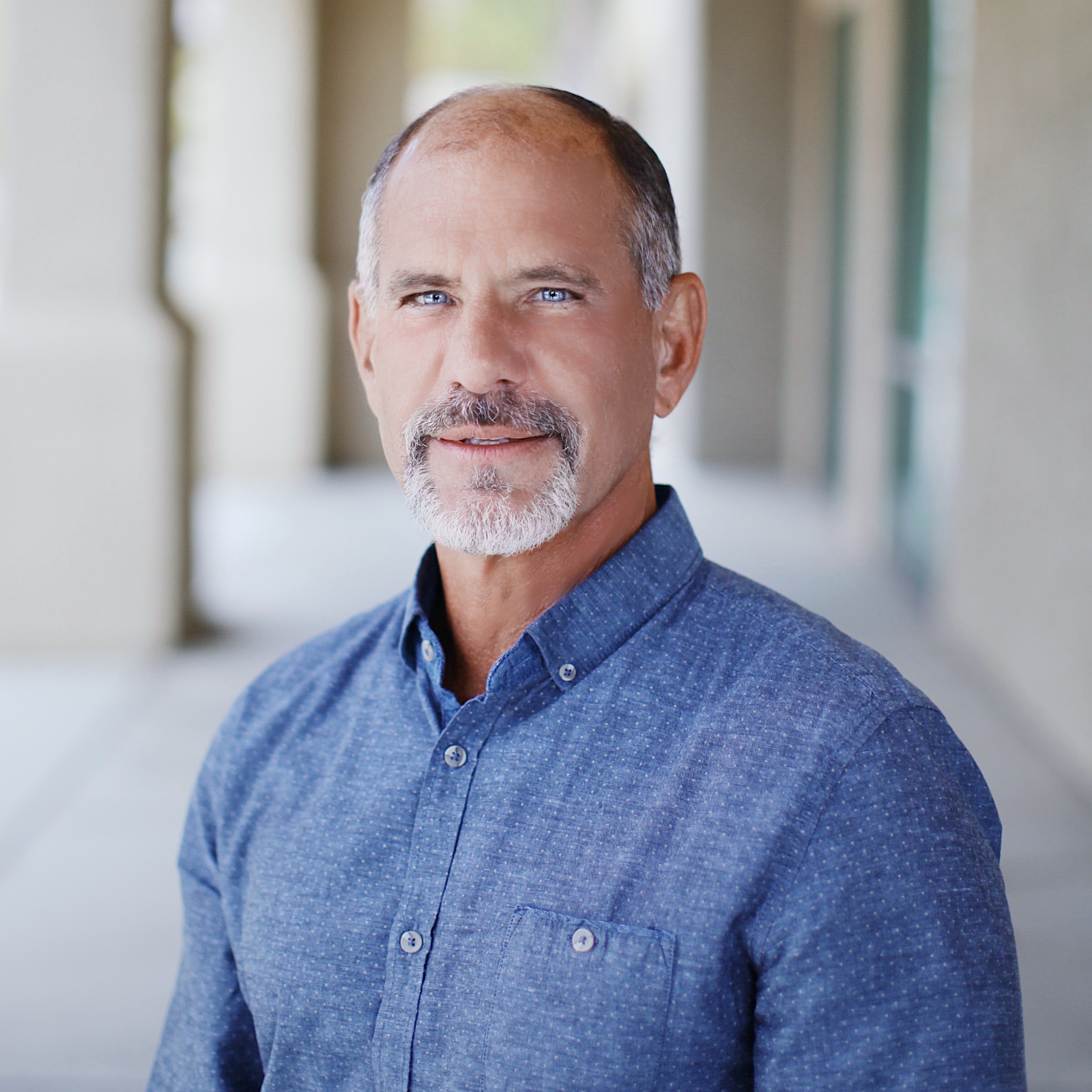In 1511, Erasmus warned of scholars who treated Scripture as though it was made of wax, like the nose on a wax figure, something to be shaped into a form appealing to them. Five hundred years later, people still treat Scripture like a wax nose.
Facebook is not the place people ought to go for reliable information. Anyone can say just about anything there. They may present themselves as an authority or posit their position by quoting experts. Be careful. Not everyone IS an authority; today, you can find so-called experts to support just about anything.
Recently on Facebook, I posted and then deleted a comment thread on another person’s original post. I had commented on this person’s link to an article that misinterpreted Hebrews 10:25. My comment corrected the error. The article’s author replied to my comment by reiterating what was in the article I refuted. He simply repeated his error, ignoring the refutation. I responded by reiterating my original remarks. Then, a few minutes later, I took down the entire thread. My attempt to correct the author’s misinterpretation of Hebrews 10:25 was clearly pointless. So why post it? Comments by others on the original post found support for their position in the misinterpretation. My attempts at correcting the error were only going to elicit further hostility. Having just taught the need to avoid such division earlier in the day, I yanked my comment and the thread that ensued.
But …
The exchange pointed out something that needs to be affirmed. While we need to safeguard unity, we cannot do so at the expense of God’s Word. We may disagree on the application of a passage, but we MUST NOT disagree on its interpretation.
The original article was posted during the COVID lockdowns, it was a response to those churches that chose to return to normal services and the use of Hebrews 10:25 to support that. The author of the response said that verse does not support a return to services. Let’s consider the passage. The thought begins a verse before …
And let us consider one another in order to stir up love and good works, not forsaking the assembling of ourselves together, as is the manner of some, but exhorting one another, and so much the more as you see the Day approaching. Hebrews 10:24–25
“Forsaking” is a verb that depends on an object. The text makes clear what is not to be forsaken is “the assembling of ourselves together.” Yet the author of the article said this was a warning against apostasy. He pointed out that “forsake” is connected to apostasy in other passages and that the overall theme of Hebrews is a warning against apostasy. All true. But hermeneutics requires the immediate context to be the prevailing influence in interpreting a passage. Hebrews 10:25 does not say, “not forsaking the faith,” nor “not forsaking Christ.” It says, “not forsaking the assembling of ourselves together.” If the writer of Hebrews intended his readers to understand his appeal as a warning about apostatizing, why state it so obliquely? The writer’s larger concern was to warn his readers not to become apostates. He understood a vital way to ensure they didn’t was by calling them not to abandon the gathering. Apostasy is done in steps. One doesn’t go from being a spirit-filled believer on Tuesday to a hopeless apostate on Wednesday. It is a gradual slide from faith to unbelief, or as Hebrews itself says in Hebrews 2:1, they “drift away.” Abandoning assembling was one of the steps on the path toward apostasy. Some had already taken it, as the verse says. Want to avoid falling away? Don’t give up on gathering.
The author of the Facebook post misinterpreting Hebrews 10:25 referred to some commentators as supporting his view. EVERY commentary I looked at, all thirteen of them, give the interpretation I do above. I did not find a single commentary supporting the idea that the verse is an exhortation to not apostatize. Not one. But, that misinterpretation removes a key support to the idea Christians ought to gather. So it is latched onto by those who have an opinion, then manufacture evidence to support it, rather than letting evidence shape their opinion.
I respect people’s right to different VIEWS on churches re-opening during the season of COVID we have just been through. But please, don’t make stuff up to support your view.
Now, let’s turn things around and see why Hebrews 10:25 is indeed an important support to the idea that Christians need to meet. Because Hebrews is written to Jewish believers under pressure to give up their faith in Christ, verse 25 of chapter 10 points up the NEED for Christians to gather. The writer understood that gathering fostered faith and “vaccinated” believers against the wiles of the devil aiming to take them out. In the assembly context, they could “consider one another to the end that they would stir up love and good works.” And, knowing Jesus warned the end times would be marked by widespread deception, the writer said maintaining a commitment to assembling together needed to be renewed as the End drew near.
That yields a key perspective on government mandates prohibiting and limiting meetings. Satan knows the path to apostasy leads through abandoning fellowship. When churches stop meeting, it makes dropping out that much easier. One-third of regular church attendees dropped out of any participation in church since the COVID crisis began.
The Church needs to meet. Christians need to gather.

Lance is the founding and lead pastor of Calvary Chapel Oxnard where he has served since 1982. Lance & David Guzik co-pastored the church for six years before David planted a church in a nearby community.
Lance & his wife Lynn were married in 1980 and have three adult children and five grandchildren. Lance loves teaching the Bible, History, and Leadership. He holds Masters-of-Arts in Biblical Studies and Ministry.
Lance serves as a chaplain for both the Oxnard and Port Hueneme Police Departments and enjoys backpacking, wood-working, working out, gardening, home improvement projects, reading, and graphic design.
The popular Communio Sanctorum: History of the Christian Church podcast can be found in both audio and video at the Into His Image website along with a growing inventory of Lances teaching.





Good word, Lance. Yes, Christianity is a contact sport! A quarantined Christianity is a shrinking Christianity. I don’t know who you were responding to, but it was possibly a pastor seeking to justify the continued closure of his church. Necessity is the mother of invention and this person found it necessary to invent a novel interpretation of Hebrews 10:25 to salve his conscience and rationalize church closure.
Thanks, Tim.
I sympathize with pastors who find themselves impaled on the horns of a dilemma, in this case, leading God’s flock and obeying the civil authority ordained by Him. But it seems some guys are impaled there unnecessarily. They haven’t worked out how to negotiate competing interests and authorities. Add in the expectations of and pressure from other people and it can do all kinds of funny things to one’s “theology.”
As you say, necessity is the mother of invention. It would help if people would decide what’s “necessary” and stick with that.
Lance